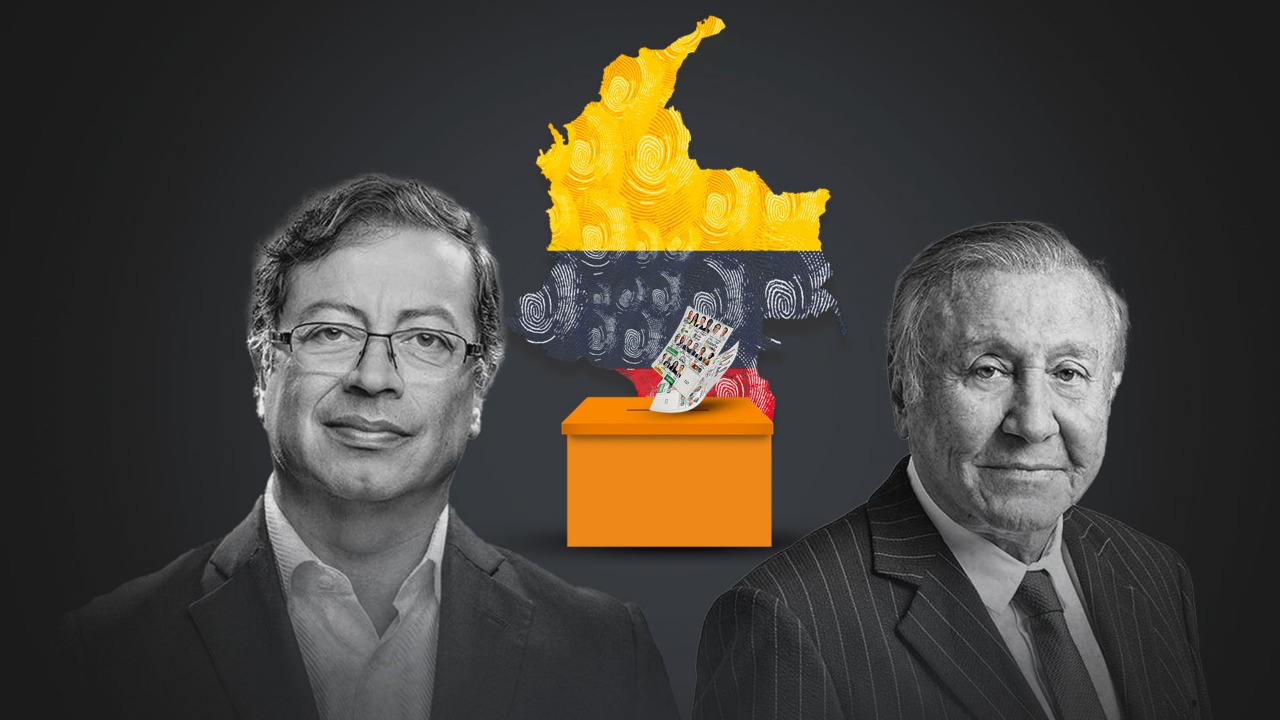By Ramiro Escobar
RIO DE JANEIRO, BRAZIL – As I write this column, in Gabriel García Márquez’s country, things have become turbulent, delirious, and hallucinated. The few days remaining for the second presidential round, in which Gustavo Petro and Rodolfo Hernandez face each other, are worthy of a story that someone will write one day, perhaps without knowing how to distinguish what is real and what is ruinous.
In the last hours, some videos of Petro’s internal campaign have appeared, in which there is talk of demolishing, especially Alejandro Gaviria, a failed presidential candidate, and Sergio Fajardo, candidate of Centro Esperanza who came fourth in the first round. It is as if, in the final stretch, providential audios and videos were turned on to provoke an explosion.
In fact, Semana magazine, when reporting on the subject, headlines “Estalló escándalo” (Scandal broke out) and has opportunely baptized the material as ‘Petrovideos’ (Petrovideos). Strictly speaking, what can be heard in them is nothing new; it is the sadly usual in any campaign: cover-ups, plans, and tactics to attack and discredit the adversary. It is obscene what cannot be said in the open.

Will it turn the vote? It is difficult to say because more than once, it has happened, in several countries and even in our own, that the most attacked candidate survives any kind of attack. Petro is now that candidate, at least for some important media; he is the one who represents the biggest threat, even though Hernandez is an unpredictable, loquacious, and at the same time procacious candidate.
The right-wing has folded behind him, swallowing toads without clemency, to avoid the candidate of the Historical Pact, who is associated with chavismo, ultras, and even violent revolution (he was a member of the guerrilla group M-19). It may be understandable politically. What is not understandable is why the urgencies are put aside.
Colombia is one of the countries with more environmental leaders, especially indigenous, killed in recent years. It is one of the most unequal territories in Latin America and the world. According to Oxfam, an important global NGO, Colombia’s wealthiest 10% of the population receives 11 times more than the poorest 10% of the country. Something really scandalous and impossible to hide.
Petro has promises on this issue, among which are a tax on large fortunes and an agrarian reform, measures that would address the above and would provoke rejection. Hernandez, on the other hand, has proposed to declare for 90 days a “state of internal commotion”, which is unclear what it will imply in the facts and for people’s own lives.
It is proposed as something against the enormous insecurity. But it is unclear if it will imply suspension of constitutional guarantees, the militarization of the country, and other similar measures, which could cause more tension in this country, already quite hit by violence in the last years and at present. There is an air of uribismo in such an idea, even though the former president does not appear.
On Sunday, June 19, we will know what the outcome will be, which in any case will generate tension because the latest polls reveal that the voting percentages of both seem very tight (in none of them, one of the two is shooting up) and there may even be allegations of ‘fraud’. Everything, in short, seems to have been done so that on that day, the story will not end, and the tumult will increase.
Some say the scenario is very similar to our last election. It could be, although there are substantial differences: the new candidate, the unexpected one, is not a professor from the provinces but a senior citizen devoted to Tik Tok. And above all, despite all its wounds, Colombia has been able to preserve its institutionality even amid brutal violence.
Ramiro Escobar is a professor of International Relations at the Antonio Ruiz de Montoya University (UARM) and Diplomatic Academy Foundation (FADP).
With information from La República

